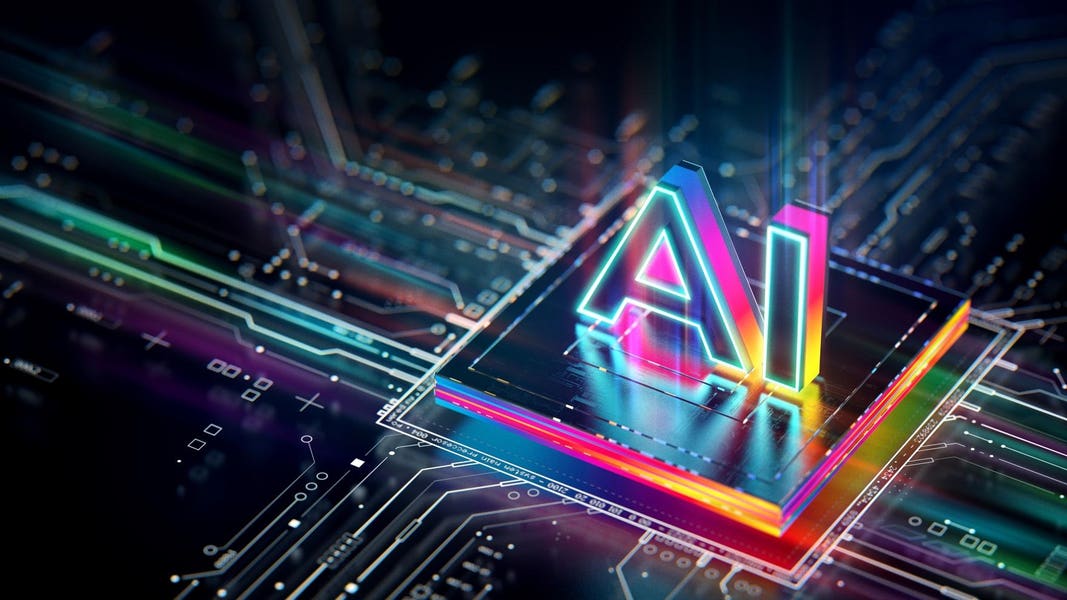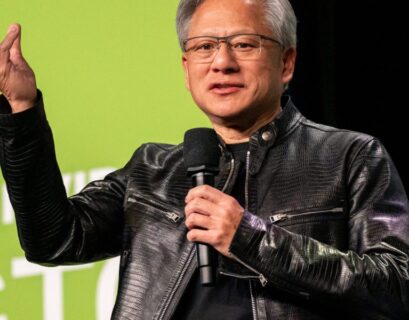George Gilder expresses confidence that we are currently experiencing the IBM mainframe era of AI. He refers to this phase as “AI gigantism,” characterized by massive data centers and billion-parameter models. Gilder envisions a future where AI will be integrated into every smartphone and device, distributed via the internet of things. This decentralized and pervasive AI technology is poised to revolutionize the current landscape.
During a recent webinar for the OurCrowd community and Gilder Private Reserve subscribers, Gilder shared his insights. As a prominent writer and opinionated investment advisor for over four decades, Gilder has championed the principles of decentralization, autonomy, and a post-“bigness” era. While his predictions may sometimes exaggerate short-term developments, they have closely aligned with the evolution of computer technologies, transitioning from mainframes to smartphones and the digitization of various sectors.
In response to Gilder’s perspective, Jon Medved, CEO of OurCrowd, highlighted the necessity for new accelerators in a decentralized world. These accelerators, such as advanced chips capable of meeting low power demands at the edge, are crucial for the growth of Edge AI—a rapidly expanding sector within the semiconductor industry. Hailo, an Israeli startup, emerged as a key player in this domain during the OurCrowd/Gilder webinar.
At the event, John Schroeder from Gilder Private Reserve engaged Hailo’s CEO Orr Danon in a discussion about recent computing advancements. Danon emphasized that AI represents a paradigm shift in computing, where learning from examples supersedes traditional programmed instructions. This shift presents an opportunity for new entrants to capture significant market share by offering innovative solutions.
Hailo’s groundbreaking AI processor reimagines conventional computer architecture, enabling smart devices to execute complex deep learning tasks efficiently. This specialized processor caters to a wide range of applications, including autonomous vehicles, smart cameras, smartphones, drones, AR/VR platforms, and wearables, with minimal power consumption and cost.
Danon highlighted the importance of localized processing for applications that require real-time responses. While cloud-based training is ideal for teaching AI models their tasks, edge computing shines during the inference stage. Hailo’s chip, with its focus on performance metrics like efficiency and power consumption, offers a compelling alternative to traditional CPU and GPU designs.
The semiconductor market, forecasted to reach $1 trillion by 2030, is undergoing significant transformations driven by the surge in AI adoption. Competition in the high-end AI chip sector is intensifying, with players like Nvidia facing challenges from emerging rivals. The industry anticipates substantial investments in semiconductor manufacturing capacity to meet the escalating demand fueled by AI technologies.
As the landscape evolves, established players like Nvidia are adapting to the changing dynamics by exploring new avenues, including collaborations with AI startups and custom chip design for cloud computing firms. The competitive environment is vibrant, with companies like AMD, Intel, Google, Facebook, and Super Micro actively participating in the AI chip race.
The ongoing developments in the semiconductor industry prompt reflections on whether we are at a pivotal juncture akin to the smartphone revolution in 2007. Is AI the new catalyst reshaping the technology landscape, similar to the transformative impacts of the internet and the iPhone? Will we witness a reconfiguration of the semiconductor market, reminiscent of past industry shifts?
According to George Gilder, Nvidia’s dominance is reaching a turning point, paving the way for innovative companies like Hailo to lead the future of AI technology.










